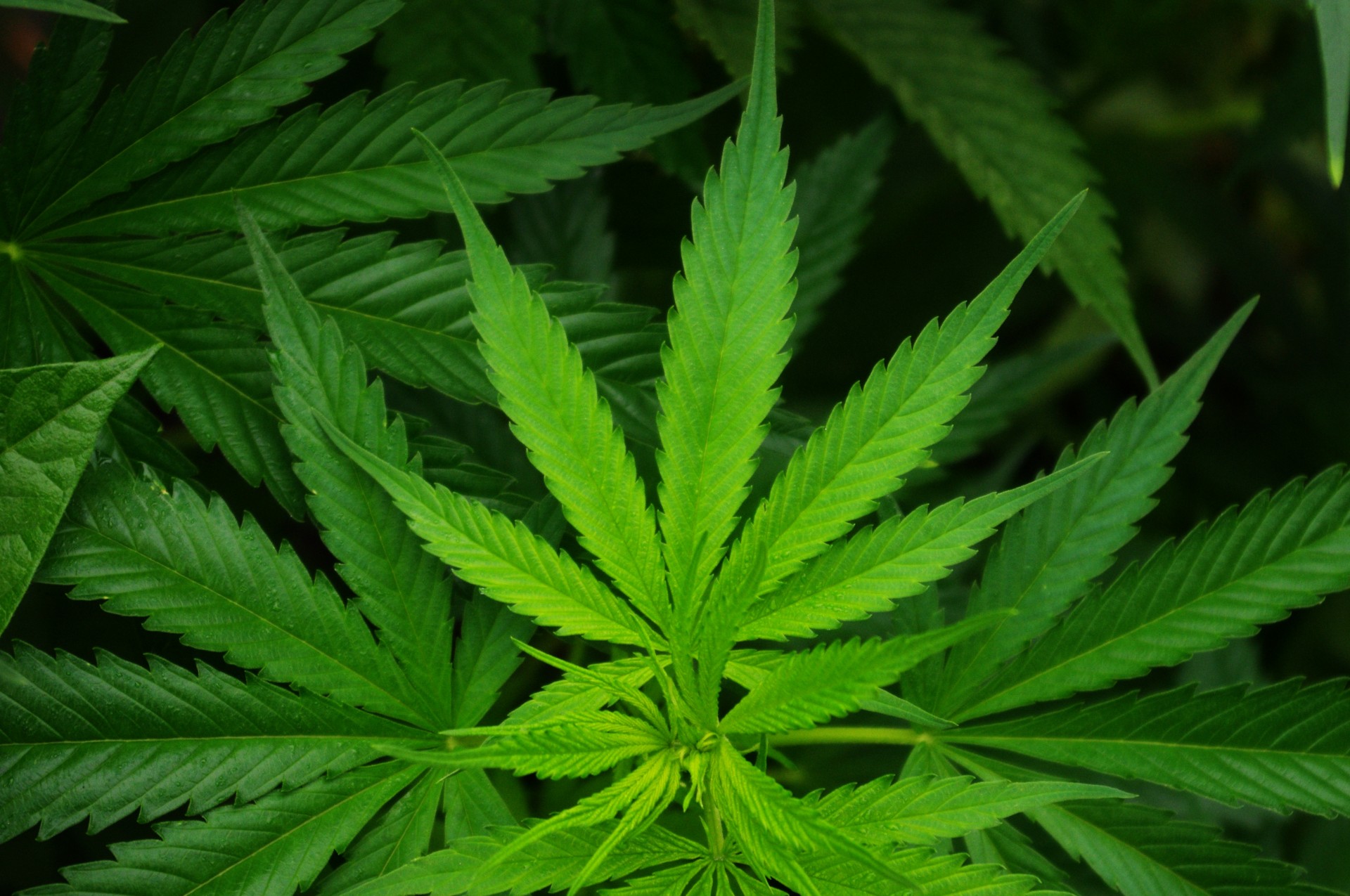Section 8 of the Michigan Medical Marijuana Act
You have a valid defense to a marijuana charge under Section 8, even if you DO NOT have a medical marijuana card under certain circumstances. Do not plea when you have a right to a full dismissal of all charges.

Section 8 of the Michigan Medical Marijuana Act
Generally, MCL Section 333.26428, otherwise known as MMMA Section 8, allows a person who does not have a medical marijuana card to present a defense to a marijuana or paraphernalia charge. The first step in raising a Section 8 defense is for the defense attorney to file a motion requesting the dismissal of the charges. To be successful in a Motion to Dismiss under Section 8 of the Michigan Medical Marijuana Act. The strategy for a Section 8 defense differs from that used for a Section 4 or a recreational marijuana defense. The defendant must successfully argue:
- In the course of a bonafide physician-patient relationship (legitimate, full assessment of the patient’s medical history and current medical condition), a physician has stated that the defendant suffers from a serious or debilitating medical condition and is likely to receive therapeutic benefit from medical marijuana.
- The quantity of marijuana must be reasonably necessary to ensure uninterrupted availability for treating the medical condition.
- The purpose of the marijuana in question was to treat or alleviate the defendant’s medical condition.

Why do some patients turn to marijuana for treatment of their medical conditions?
Some patients turn to marijuana to treat medical conditions due to its potential therapeutic benefits and ability to alleviate various symptoms. Marijuana contains cannabinoids, such as THC and CBD, which interact with the body’s endocannabinoid system. This interaction can result in pain relief, reduced inflammation, and relaxation. For individuals with chronic pain, cancer-related symptoms, multiple sclerosis, epilepsy, or other debilitating conditions, conventional treatments may not always provide adequate relief or may come with unwanted side effects. As a result, some patients seek alternative treatments, including medical marijuana, to improve their quality of life and manage their symptoms more effectively. Additionally, medical marijuana may offer a natural and potentially safer alternative to certain pharmaceutical medications, making it an appealing option for patients seeking a holistic approach to their healthcare.
The medical marijuana program in Michigan remains in place even though recreational marijuana has been legalized. There are several reasons why the Michigan Medical Marihuana Act (MMMA) may continue to exist alongside recreational marijuana legalization:
- Medical marijuana serves specific patient needs: The Medical Marihuana Act was initially established to provide access to marijuana for individuals with qualifying medical conditions who could benefit from its therapeutic properties. The program is designed to ensure that patients have access to medical cannabis and can use it under the guidance of a healthcare professional.
- Regulation and oversight: Medical marijuana programs typically have stricter regulations to ensure patients receive safe and effective medical treatment. The Medical Marihuana Act likely has specific rules and requirements to protect patient safety and prevent abuse.
- Taxation and revenue: Medical marijuana and recreational marijuana may have different tax structures. States often impose different tax rates on medical and recreational marijuana products, affecting revenue generation and funding for various programs and services.
- Federal classification: Marijuana is still classified as a Schedule I controlled substance under federal law, meaning it is considered illegal at the federal level. The existence of a medical marijuana program may provide some legal protection for patients and caregivers who comply with state regulations.
- Grandfathering existing medical marijuana businesses: When states legalize recreational marijuana, they often grandfather existing medical marijuana businesses. This allows those businesses to continue operating under the medical program while participating in the recreational market.
- Patient preferences: Some patients may prefer to remain registered under the medical program because it can offer certain benefits, such as access to higher potency products, increased possession limits, and the ability to grow their own cannabis plants.
It’s important to note that the status of marijuana laws can change, and regulations may evolve over time. For the most current information on Section 8 of the Michigan Medical Marijuana Act , it’s best to consult with one of the drug crimes defense attorneys with LEWIS & DICKSTEIN, P.L.L.C.
Latest Research of Medical Marijuana – What You Need to Know
Medical marijuana continues to be an active area of research, and new studies are continually emerging. The latest research on medical marijuana explores its potential therapeutic effects in various medical conditions. Studies have shown promising results in pain management, particularly for chronic pain conditions, with some patients experiencing significant relief. Additionally, medical marijuana has been investigated for its potential anti-inflammatory properties, which may benefit individuals with conditions like arthritis or inflammatory bowel disease. Research has also focused on its effects on epilepsy, with some studies indicating that certain strains of medical marijuana containing CBD may help reduce the frequency and severity of seizures in some patients. Furthermore, ongoing research examines medical marijuana’s potential role in addressing symptoms associated with cancer treatment, multiple sclerosis, anxiety, and post-traumatic stress disorder (PTSD). While the research is still evolving, the findings suggest that medical marijuana holds promise as a viable treatment option for various medical conditions, and it continues to garner interest from the medical community and patients alike.

Attorneys with Extensive Experience Defending Marijuana Charges
Do not accept a plea under advisement, 7411, or any other type of plea if your use or possession of marijuana is for a legitimate medical purpose or if it falls within the legal limits of Michigan’s recreational marijuana law. Just because prosecutors, police, or judges may object to the legal use of medical marijuana does not mean that a defendant is stuck being railroaded into a conviction, jail, or probation sentence. Really good, experienced, and aggressive lawyers experienced with the Medical Marijuana Act and the Michigan Regulation and Taxation of Marihuana Act will not let their clients be “sold-out” to the system. If you want a good, experienced, and aggressive lawyer to fight for you, LEWIS & DICKSTEIN, P.L.L.C. is the firm you need to protect you!
Call us today at (248) 263-6800 for a free consultation or complete an online Request for Assistance Form. We will contact you promptly and find a way to help you.
















